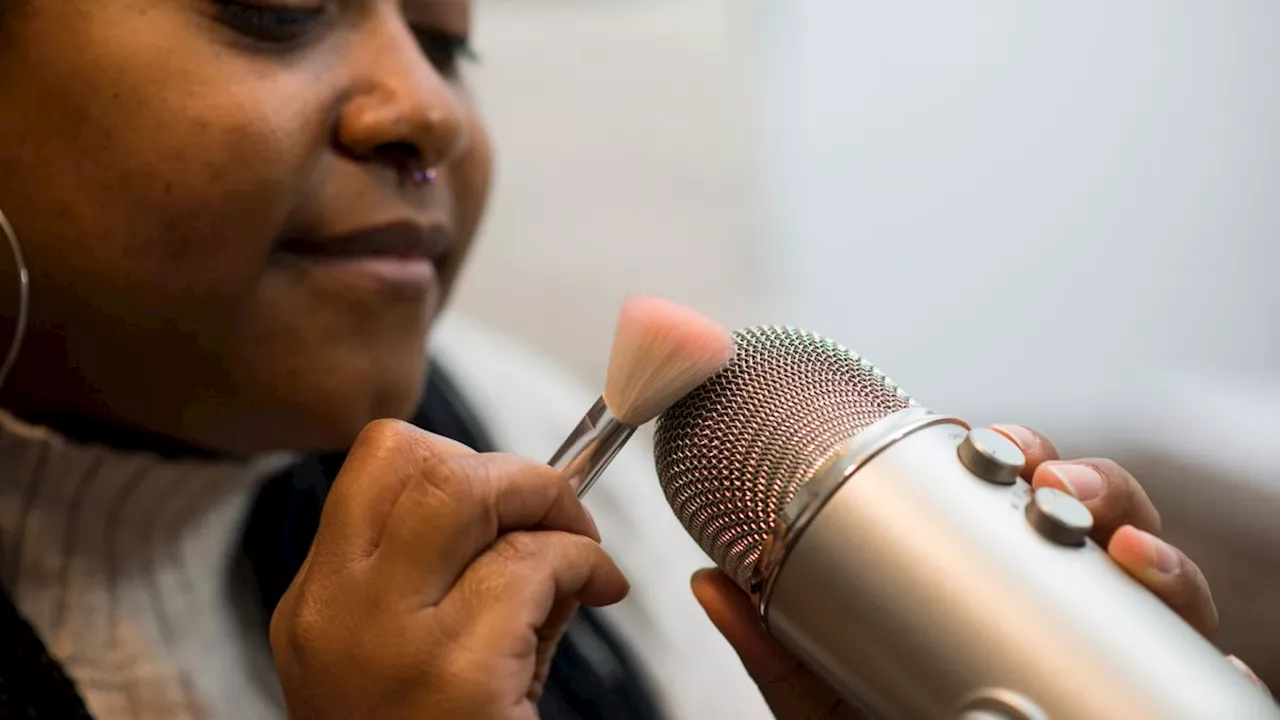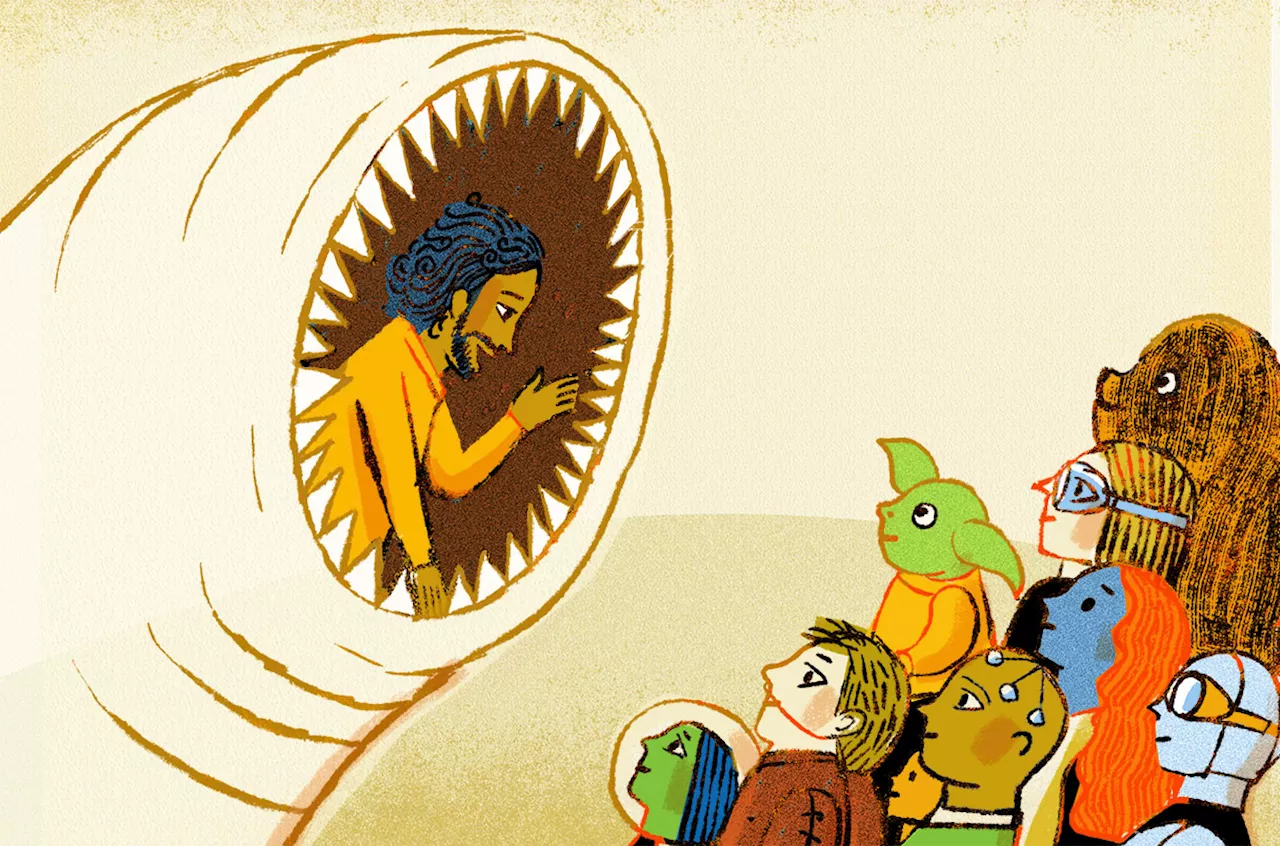Skyler Ware is a freelance science journalist covering chemistry, biology, paleontology and Earth science. She was a 2023 AAAS Mass Media Science and Engineering Fellow at Science News. Her work has also appeared in Science News Explores, ZME Science and Chembites, among others. Skyler has a Ph.D. in chemistry from Caltech.
Researchers are harnessing the power of tiny defects in an incredibly thin material to one day make computer chips that are faster and more efficient than traditional silicon semiconductor platforms.
In a study published May 24 in the journal 2D Materials, Khalid's team investigated whether using TMDs rather than silicon may be a solution to the notion that innovation with silicon-based chips may be reaching its peak. By submitting your information you agree to the Terms & Conditions and Privacy Policy and are aged 16 or over.While most of the atoms in the TMD are arranged in orderly, even patterns, occasionally an atom will be missing or stuffed somewhere it doesn’t belong. Despite the name, defects aren’t necessarily a bad thing, the scientists said in the study. For example, some defects make TMDs more electrically conductive.
"Our work provides a strategy to investigate the presence of these vacancies in the bulk TMDs," Khalid said in the statement."We explained past experimental results shown in molybdenum disulfide, and then we predicted a similar thing for other TMDs."
United States Latest News, United States Headlines
Similar News:You can also read news stories similar to this one that we have collected from other news sources.
 What is ASMR, and why do only some people experience it?Skyler Ware is a freelance science journalist covering chemistry, biology, paleontology and Earth science. She was a 2023 AAAS Mass Media Science and Engineering Fellow at Science News. Her work has also appeared in Science News Explores, ZME Science and Chembites, among others. Skyler has a Ph.D. in chemistry from Caltech.
What is ASMR, and why do only some people experience it?Skyler Ware is a freelance science journalist covering chemistry, biology, paleontology and Earth science. She was a 2023 AAAS Mass Media Science and Engineering Fellow at Science News. Her work has also appeared in Science News Explores, ZME Science and Chembites, among others. Skyler has a Ph.D. in chemistry from Caltech.
Read more »
 Space debris found in North Carolina came from SpaceX capsule, NASA saysDenise Chow is a reporter for NBC News Science focused on general science and climate change.
Space debris found in North Carolina came from SpaceX capsule, NASA saysDenise Chow is a reporter for NBC News Science focused on general science and climate change.
Read more »
 As Hurricane Beryl churns through the Caribbean, it's breaking recordsDenise Chow is a reporter for NBC News Science focused on general science and climate change.
As Hurricane Beryl churns through the Caribbean, it's breaking recordsDenise Chow is a reporter for NBC News Science focused on general science and climate change.
Read more »
 NASCAR debuts electric race car prototype ahead of Chicago Street RaceDenise Chow is a reporter for NBC News Science focused on general science and climate change.
NASCAR debuts electric race car prototype ahead of Chicago Street RaceDenise Chow is a reporter for NBC News Science focused on general science and climate change.
Read more »
 How science fiction helped me become a better science communicator“It was refreshing to think about science in a new way,” this scientist writes
How science fiction helped me become a better science communicator“It was refreshing to think about science in a new way,” this scientist writes
Read more »
 Dr. Stone: Science Future Finds Home at CrunchyrollDr. Stone's fourth and final season is coming to Crunchyroll!
Dr. Stone: Science Future Finds Home at CrunchyrollDr. Stone's fourth and final season is coming to Crunchyroll!
Read more »
